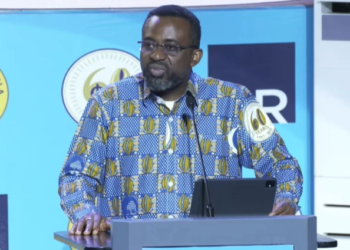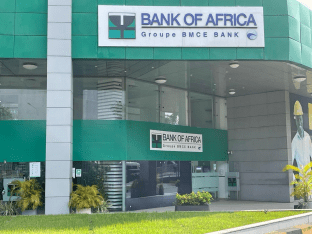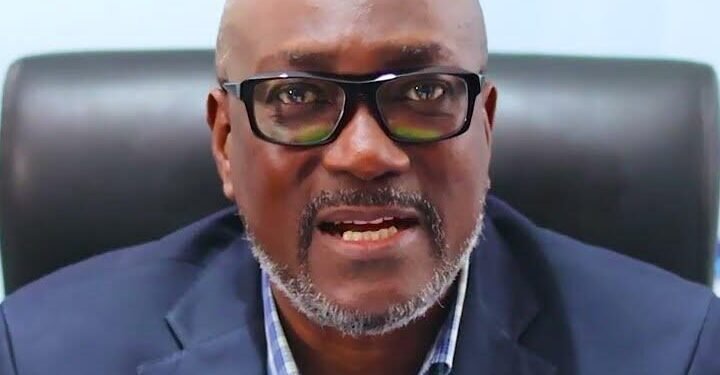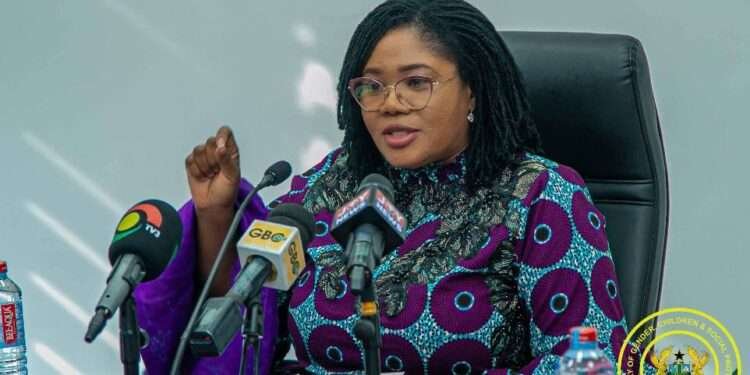The preliminary statistics by the Central Bank of Ghana on budget execution for the first quarter of 2023 in Ghana has shown a significant improvement in the cash budget deficit compared to the programmed target.
The figures disclosed by BoG indicated an overall cash budget deficit of GHc6.7 billion, or 0.8 percent of GDP, and a scheduled deficit of GH18.5 billion, or 2.3 percent of GDP. This excellent conclusion reflects a better-than-expected fiscal position.
According to BoG’s data, the cash budget deficit was primarily driven by a lower-than-programmed total revenue and grants of GH¢26.0 billion, accounting for 3.3 percent of GDP.
This figure, it reported, fell short of the programmed target of GH¢33.6 billion, which represented 4.2 percent of GDP. The lower revenue collection raises concerns about the country’s ability to meet its fiscal obligations and fund necessary expenditures.
On the expenditure side, total expenditure for the period amounted to GH¢32.7 billion, equivalent to 4.1 percent of GDP, which was significantly below the programmed target of GH¢52.1 billion (6.5 percent of GDP).
The lower-than-expected expenditure reflects a moderation in government spending, potentially impacting investment in key sectors and public services.
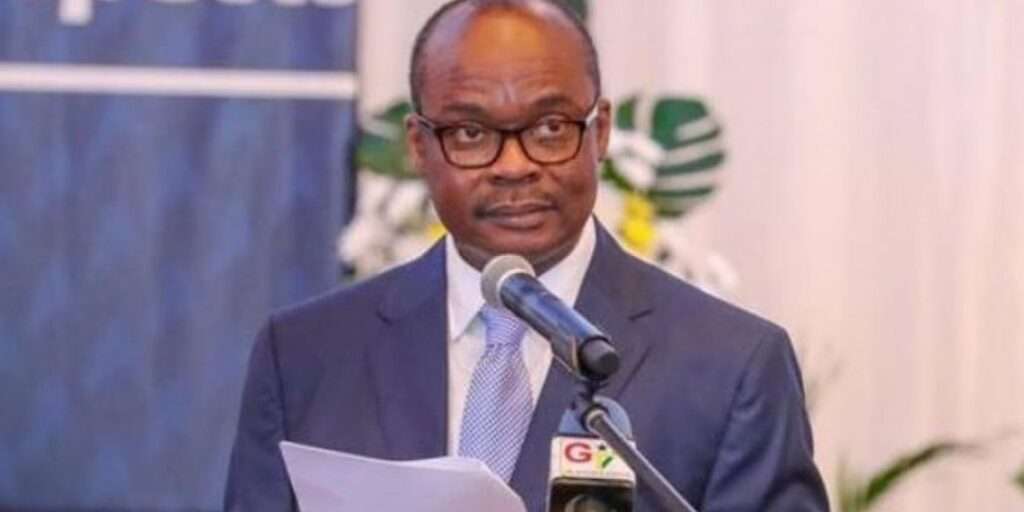
BoG further noted that the resulting cash budget deficit was primarily financed through domestic sources, indicating a reliance on local borrowing to cover the fiscal shortfall. This highlights the need for effective debt management and ensuring that borrowing remains sustainable, considering its potential implications for future fiscal stability.
When the primary balance, which excluded interest payments, was examined, the data revealed a deficit of GHc 596 million, or 0.1 percent of GDP. This result differed from the target deficit of GHc 4.6 billion, or 0.6 percent of GDP.
The reduced primary deficit reflects some improvement in the country’s capacity to fund non-interest expenditures from its own resources, albeit it remains short of the target.
BoG Calls For Effective Fiscal Management And Policies
The Bank of Ghana’s role in monitoring and providing insights on the budget execution data serves as a crucial foundation for informed decision-making and policy adjustments.

By leveraging this information, BoG urged policymakers to craft effective strategies to achieve sustainable fiscal management and foster an environment conducive to inclusive economic growth and development.
According to the Central Bank of Ghana, the shortfall in revenue collection calls for a comprehensive assessment of tax policies, revenue administration, and efforts to enhance economic productivity. Similarly, careful scrutiny of expenditure patterns and prioritization of government spending are crucial to ensure effective allocation of resources.
The implications of fiscal shortfalls extend beyond immediate budgetary concerns, affecting investor confidence, debt sustainability, and long-term economic stability.





